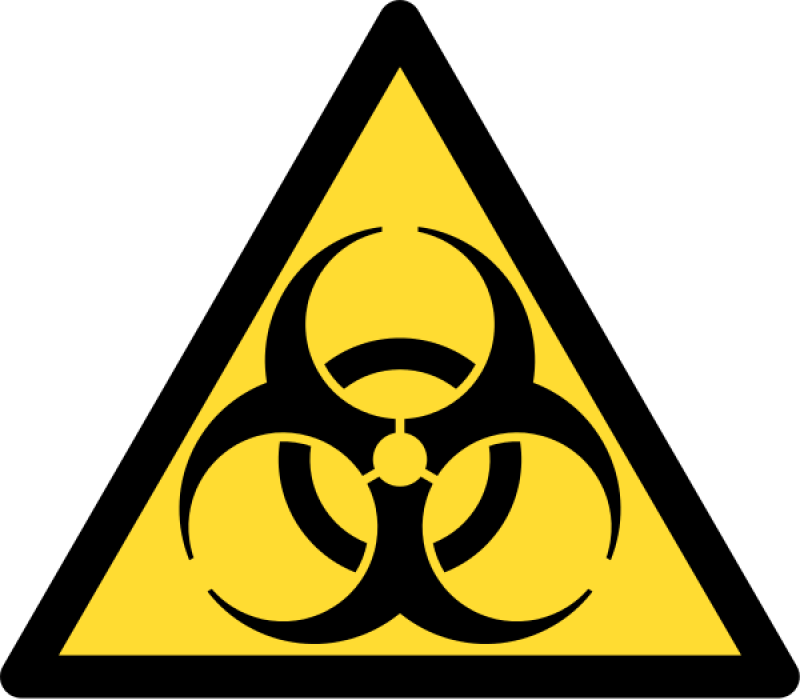A recent survey published by Food and Water Watch, an NGO focused on consumers’ rights related to food, found that five out of six of the responding farmers were concerned about GMO “contamination” and one in three had dealt with contamination on their farm. Dealing with contamination cost farmers financially, according to the survey. The choice of the word “contamination” in the report, and more broadly in issues of GM and organic farmer co-existence, has turned the conversation into a war of word choice.
L. Val Giddings, senior fellow at the Information Technology and Innovation Foundation (ITIF) and former vice president of the Biotechnology Industry Organization (BIO), a biotech lobbying group, took to the ITIF website to air his concerns. Giddings first defines contamination: “According to Merriam-Webster, to ‘contaminate’ means ‘to make something dangerous, dirty, or impure by adding something harmful or undesirable to it.’ So,” he asks, “is it the right word to use in this context?”
“But that [definition] doesn’t stop contamination from having echoes in peoples’ minds,” writes Guy Cook, a linguist at King’s College in London and author of Genetically Modified Language: The Discourse of Arguments for GM Crops and Food. “The word “contamination is obviously negative. You don’t need to be a linguist to know that.”
When Reuters covered the Food and Water Watch survey, they used the word “contamination” 11 times. Gidddings called the article “uncritically recycled” from the press release.
Writers who aim to stick to the science behind the GMO debate are not off the hook, according to Cook. “A myth seems to have developed in arguments for GM that language is being used objectively and scientifically when it is not. At the heart of what purports to be a scientific debate we find imprecisely defined terms, evaluative words and constant slippage from scientific discourse into other realms.”
Coming up with relatively neutral language and precise definitions would be a good first step toward a clearer conversation. In the meantime, when participating in the GMO debate it’s important to keep in mind Cook’s words: “Almost any word that you choose has some sort of emotional connotation.”
Additional Resources:
- From anti-GMO to pro-science: ‘A Layman’s Guide to GMOs’, Genetic Literacy Project
- Dr. Oz again takes on the GMO controversy again—Science or myth?, Genetic Literacy Project































